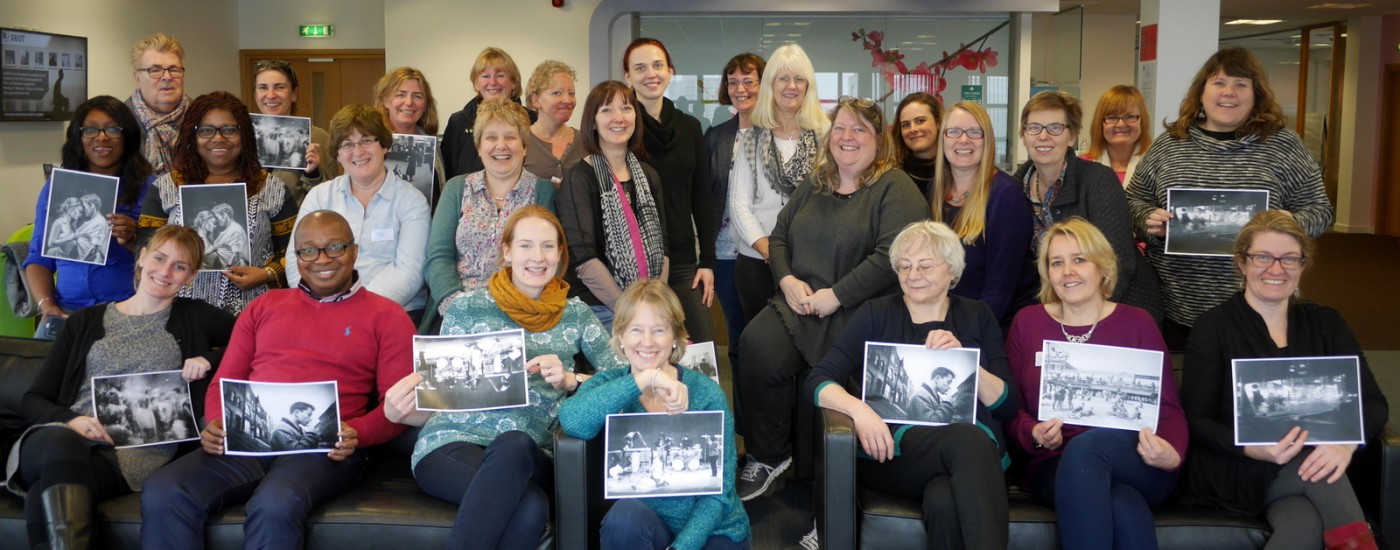
Attendants at the Creative Writing for Academics Workshop at Bournemouth University. Some hold copies of the photograph from which they created a story.
The most frequent advice from Kip Jones to participants was “Flip it!”
“Flip it!” –Kip Jones’ most frequent workshop advice.
Recently, 27 academics, some from as far away as upstate New York and Dublin, gathered for the Creative Writing for Academics with Kip Jones at Bournemouth University (BU). Their goal was two days of experimentation with writing techniques to engender more creative outputs in their academic writing.
The conclusion of one participant reflected the sentiments of many: “The Creative Writing for Academics workshop turned out to be a great experience, more than expected!!”
The two-day workshop was organised by BU’s Centre for Qualitative Research, and was promoted thusly:
“This unique event isn’t a typical writing retreat (with trees to hug and lots of time to ruminate), but a very active experience with exercises, suggestions and supportive feedback on participants’ work…”
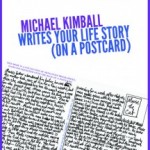 Instead of taking 30 minutes or more to go round the room and let everyone make an introduction (listing job titles, universities, theses topics, etc. ad infinitum), Jones asked attendees to take 15 minutes and write their life story on a postcard instead. This is an exercise that comes directly from Michael Kimball’s work, Michael Kimball Writes Your Life Story (on a postcard). Kimball is an American novelist whose writing Jones admires. A few examples from Kimball’s postcard book were shared with the group. Each participant then wrote her/his own life story on a postcard; afterwards, some of the attendants then shared their stories with the group.
Instead of taking 30 minutes or more to go round the room and let everyone make an introduction (listing job titles, universities, theses topics, etc. ad infinitum), Jones asked attendees to take 15 minutes and write their life story on a postcard instead. This is an exercise that comes directly from Michael Kimball’s work, Michael Kimball Writes Your Life Story (on a postcard). Kimball is an American novelist whose writing Jones admires. A few examples from Kimball’s postcard book were shared with the group. Each participant then wrote her/his own life story on a postcard; afterwards, some of the attendants then shared their stories with the group.
Jones then explained tags, log lines and treatments—copywriting techniques used in advertising and filmmaking.
The Workshop as a Logline: Participants were challenged to write their “Life on a postcard”, they were introduced to creating tags and log lines; homework was to write a poem based on a dream. Next, they created a story from a photograph. Finally, they shared their stories with others who had used the same photo. (50 words)
Tag: “Artistic types take their time … in an Italian trattoria.”
Participants then had a go at creating tags and loglines for academic articles that they brought with them. This was an exercise in using simple sentences, reducing content to its essence and creating copy that could be used in titles and the body of articles, in blogs and on Twitter.
Jones used a relaxed and open-ended process throughout the workshop. Francesca Cavallerio’s extended feedback report captures the essence of the responses of many to this approach to the workshop:
I enjoyed the freedom that came from writing creatively, without prescriptions. Having no other goal than the story/poem itself was intimidating initially, but then turned into an amazing experience. I think (the workshop) allowed me to discover a few things about myself and the way I write. Also, by listening to what others wrote, and realizing how many different ways of writing exist, and how much I enjoyed each of them, gave me an increased sense of freedom and possibility.
I was expecting more “directions”, tips on “how to use creative writing in academia”. But now that we are at the end of the workshop, I think I can see why it was organised in this way. Yesterday, I would have said, “Yes, I wanted to be guided more”. Today, I am actually very happy of the structure and everything I learned, felt and experienced here. –Francesca Cavallerio, St. Mary’s University, Twickenham.
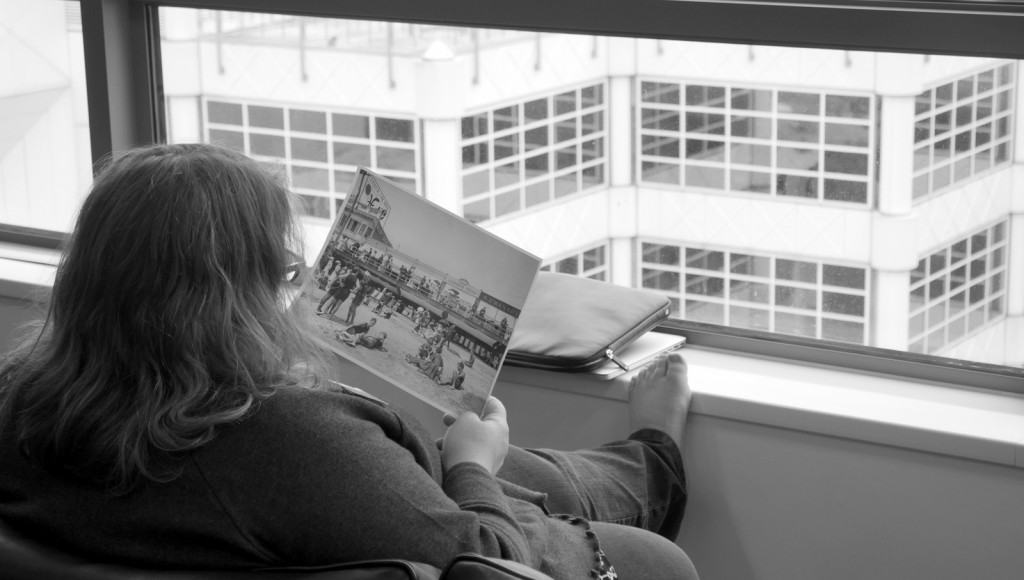
The last morning of the workshop consisted of reading some of the poems that were written overnight. Attendants then chose from amongst 11 black and white photographs. The brief was to write a story about what the photograph was about. The only instruction was that often a photograph could represent the moment between what led up to the event captured and what might happen next. The group took the rest of the morning to write the photo-based 1,000 word stories. After lunch, they assembled in groups of three (each group having chosen the same photo) and compared stories and outcomes.
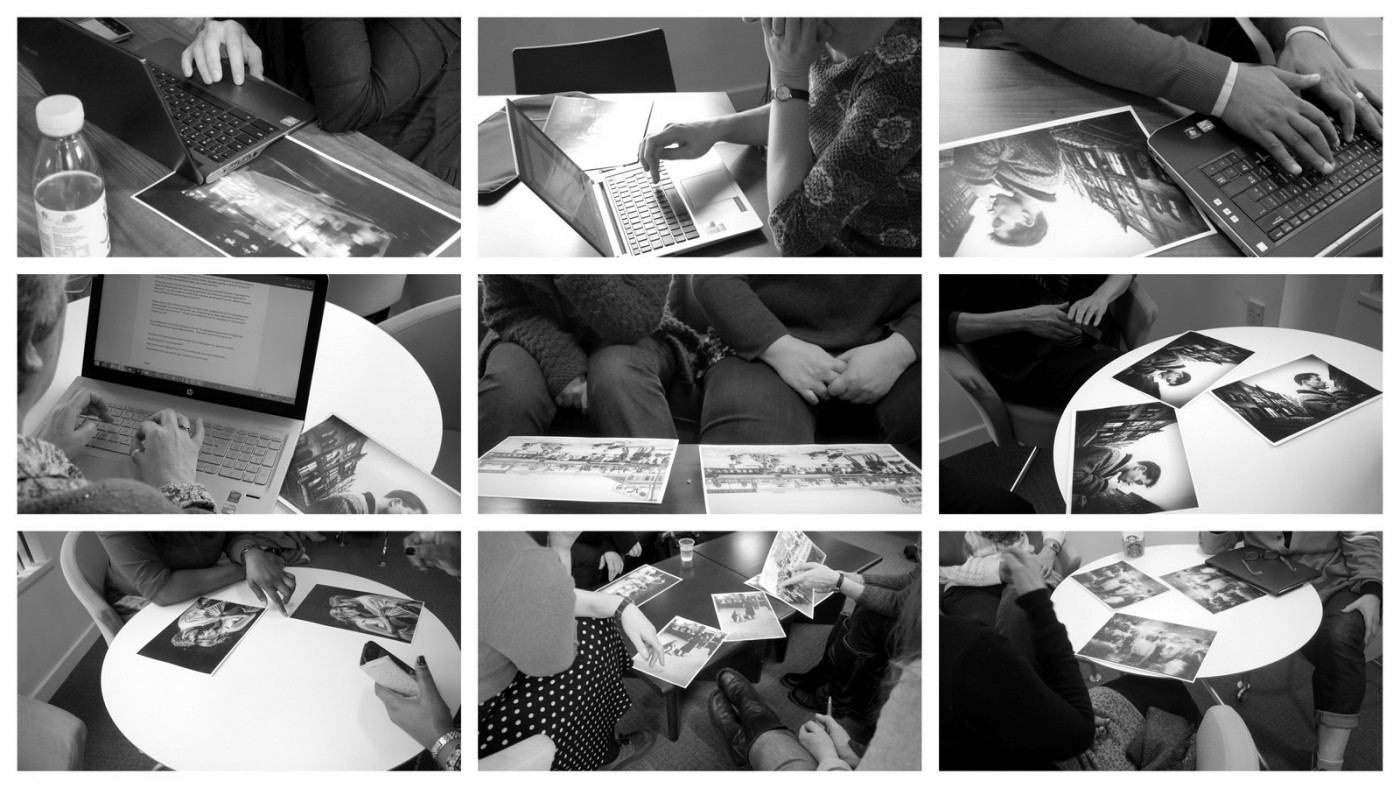
“I feel a sense of satisfaction in having written a life-story postcard, a poem and a short story—all very personal.” –Anne Quinney, Bournemouth University
The workshop was envisaged as a way to help academics with publishing in the wider world of blogs and online outlets, moving work to mixed media, auto-ethnography, and even fiction, radio and film. Jones gave ideas of the kinds of blogs and even journals that are receptive to creative academic work. He shared experiences with his own outputs and finding like-minded editors with whom to work.
The intellectual exchanges encouraged joint exploration on how academics can engage with principles and tools from the arts in order to expand and extend their possibilities of dissemination of their work. Concepts of creativity itself evolved and were transformed by participants’ outlooks and willingness to engage with unfamiliar territory. These processes comprised a ‘facilitated learning’—in that knowledge was gained as a secondary goal through a process of developing new relationships. This was achieved through individual and small group problem-solving and self-examination, grounded in personal past experience and knowledge.


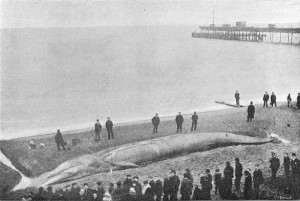





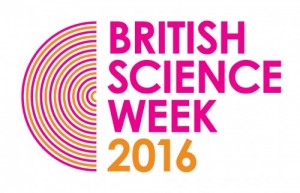
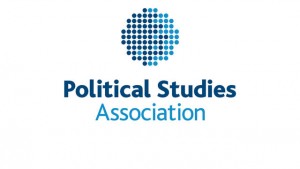

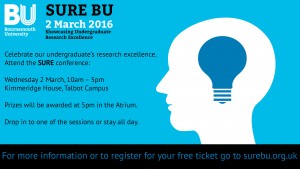

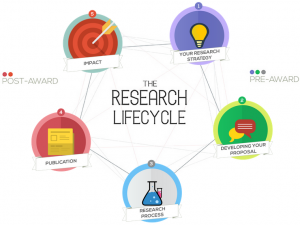


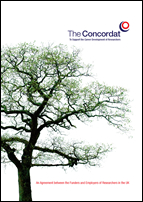











 BU paper among top 20 most cited papers
BU paper among top 20 most cited papers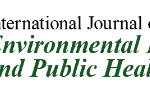 Nepal migrant workers returning from India
Nepal migrant workers returning from India New BU midwifery publication
New BU midwifery publication MSCA Postdoctoral Fellowships 2025 Call
MSCA Postdoctoral Fellowships 2025 Call ERC Advanced Grant 2025 Webinar
ERC Advanced Grant 2025 Webinar Horizon Europe Work Programme 2025 Published
Horizon Europe Work Programme 2025 Published Horizon Europe 2025 Work Programme pre-Published
Horizon Europe 2025 Work Programme pre-Published Update on UKRO services
Update on UKRO services European research project exploring use of ‘virtual twins’ to better manage metabolic associated fatty liver disease
European research project exploring use of ‘virtual twins’ to better manage metabolic associated fatty liver disease